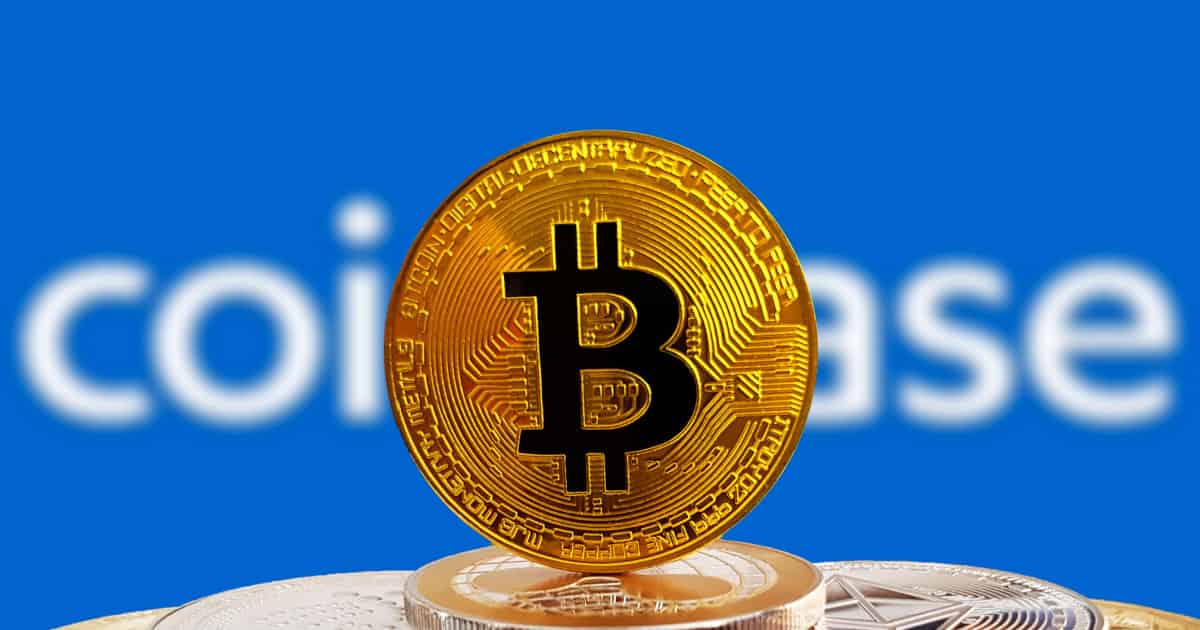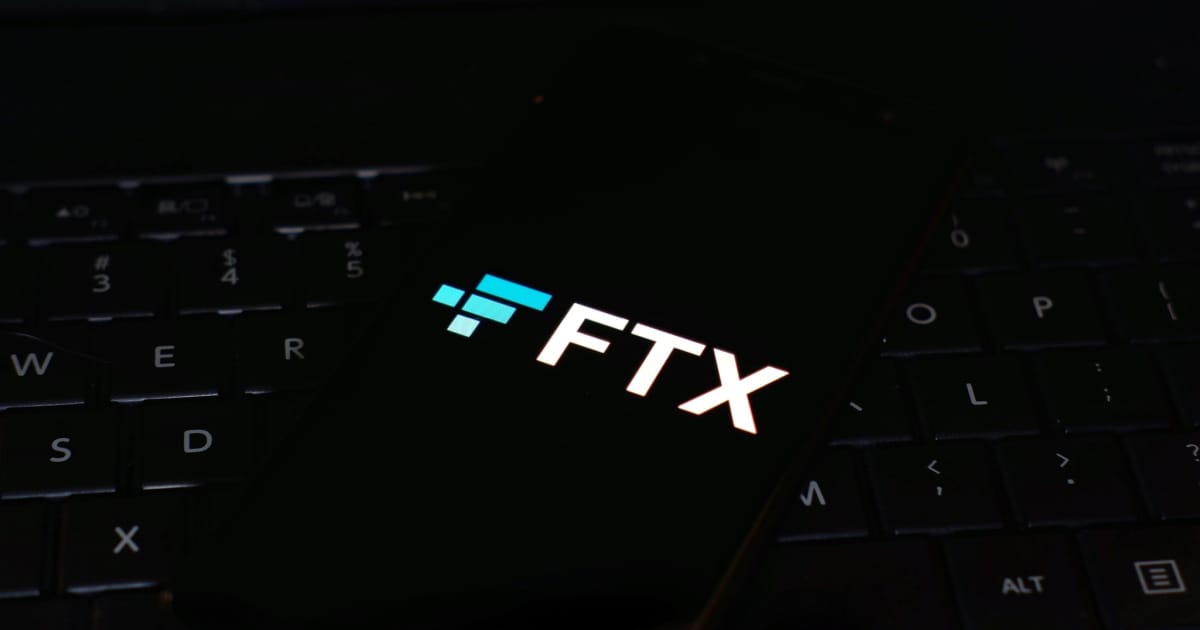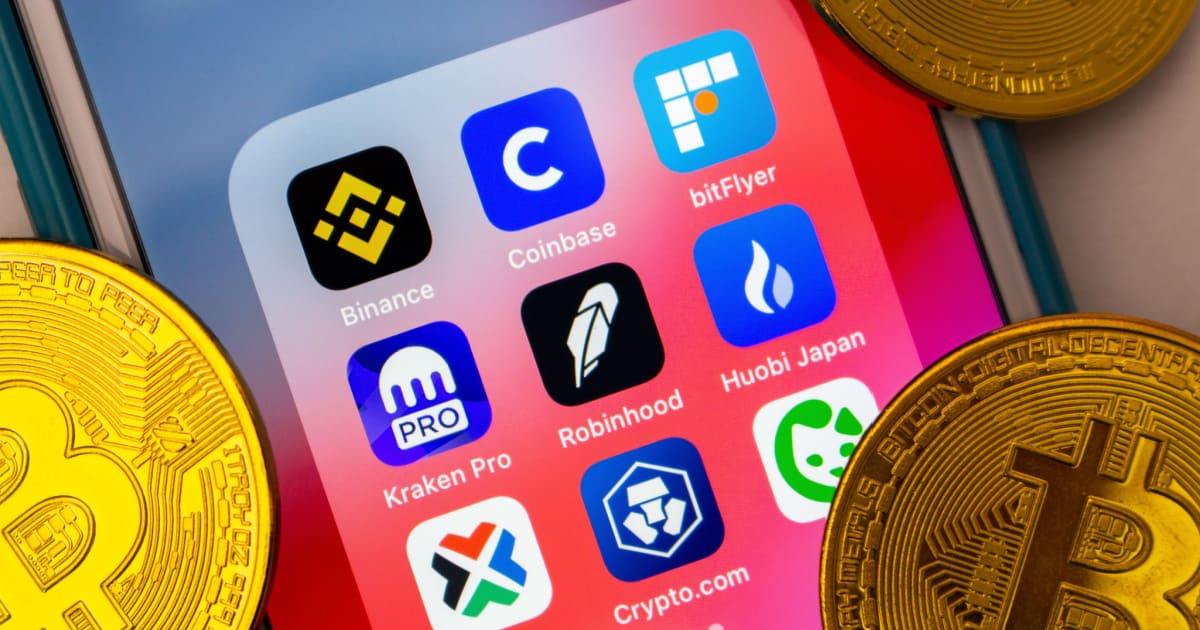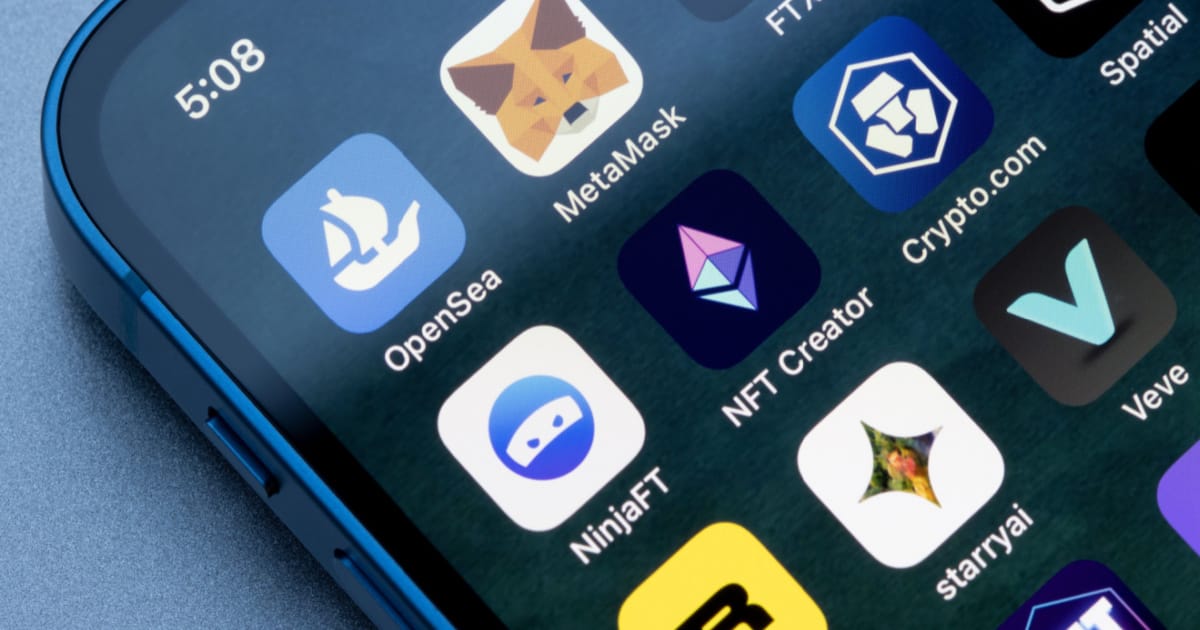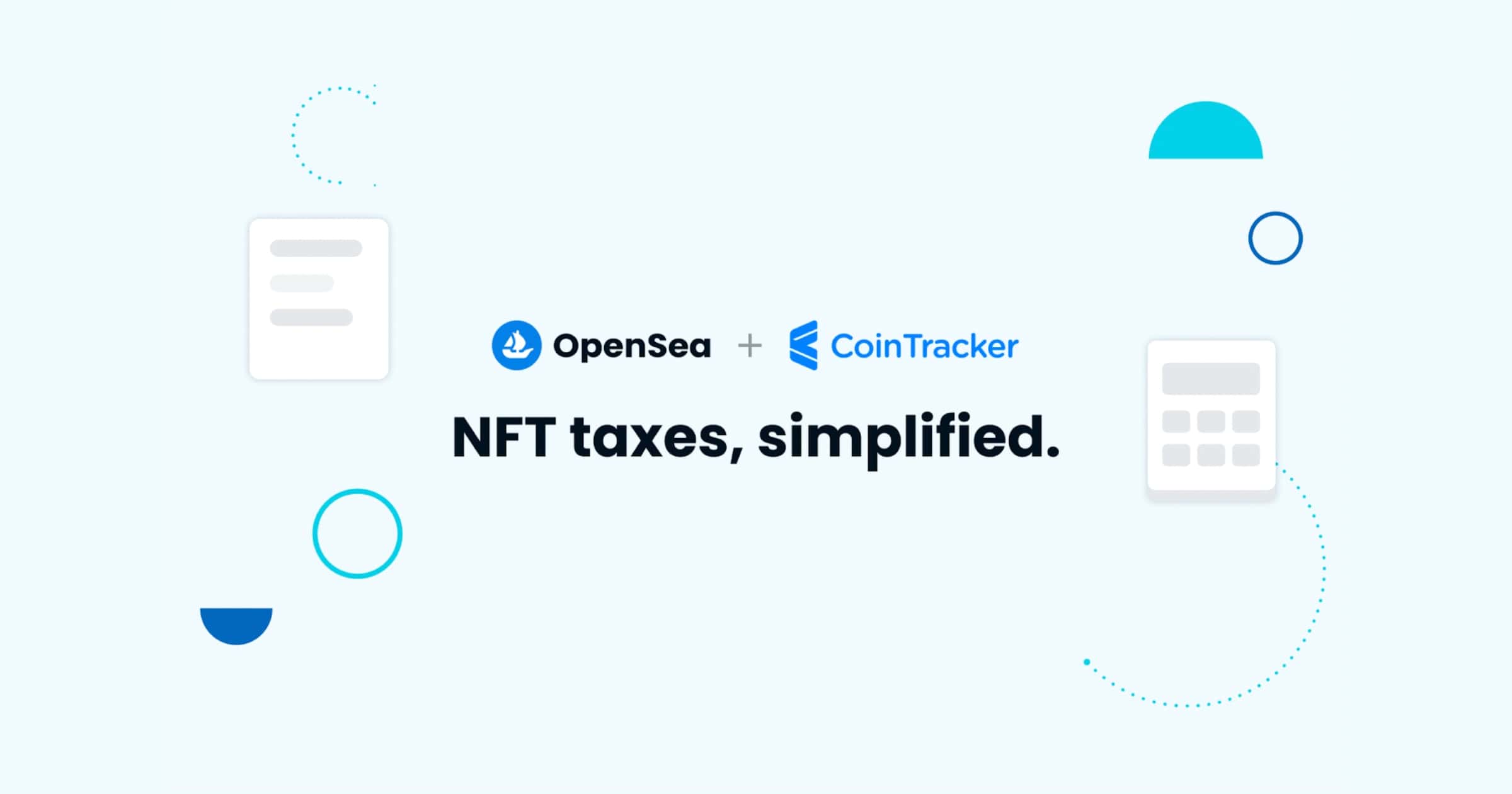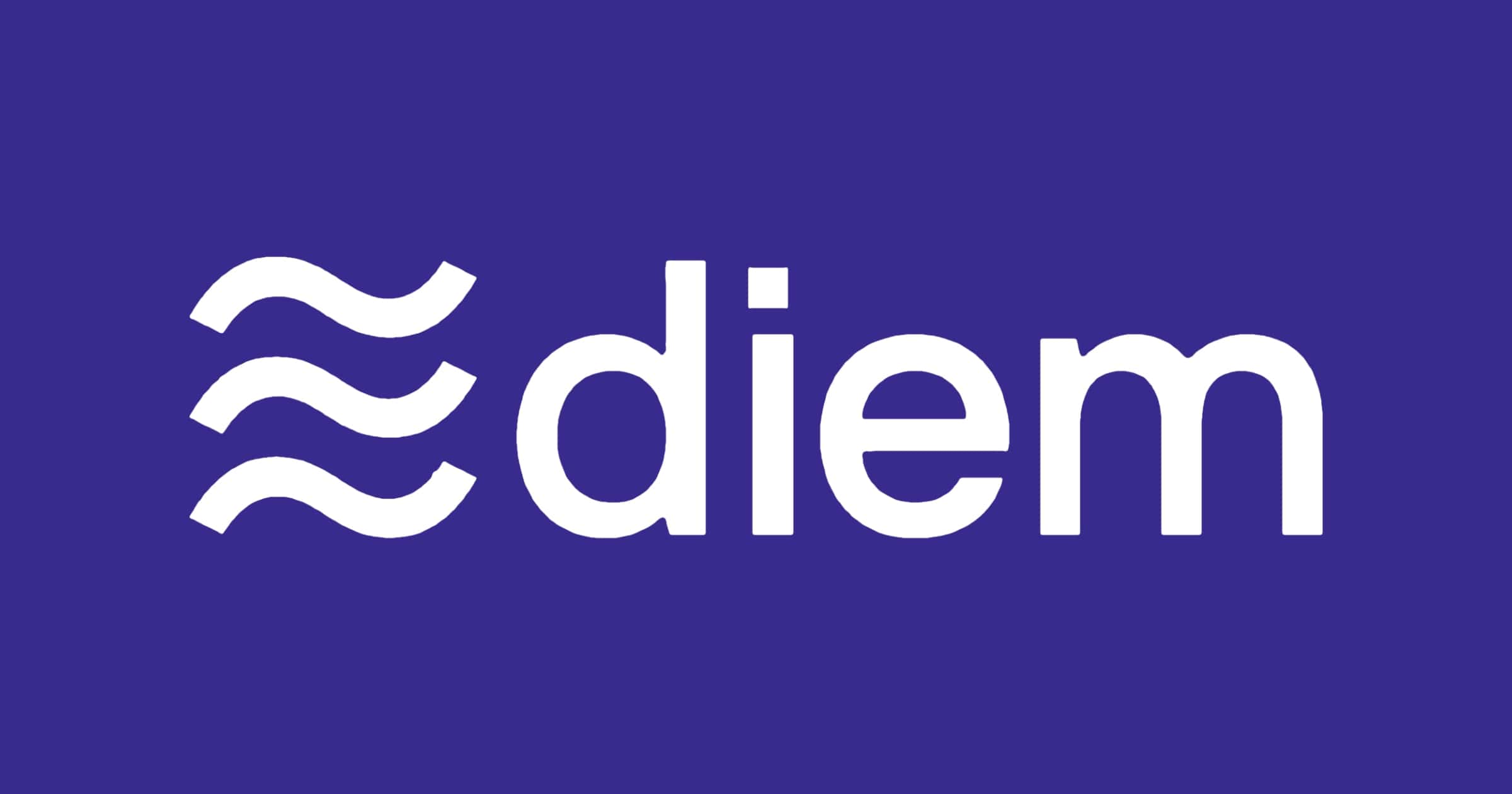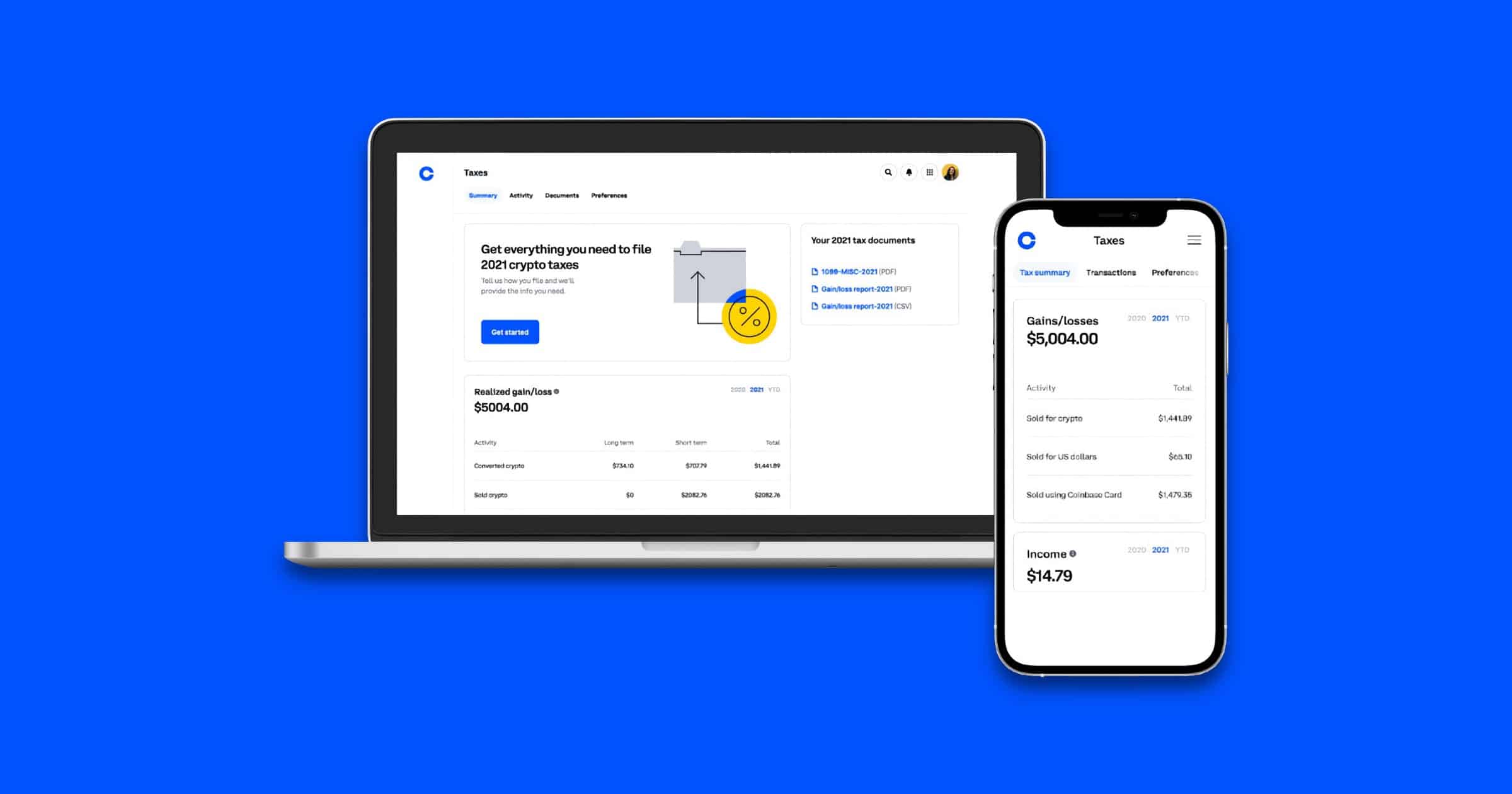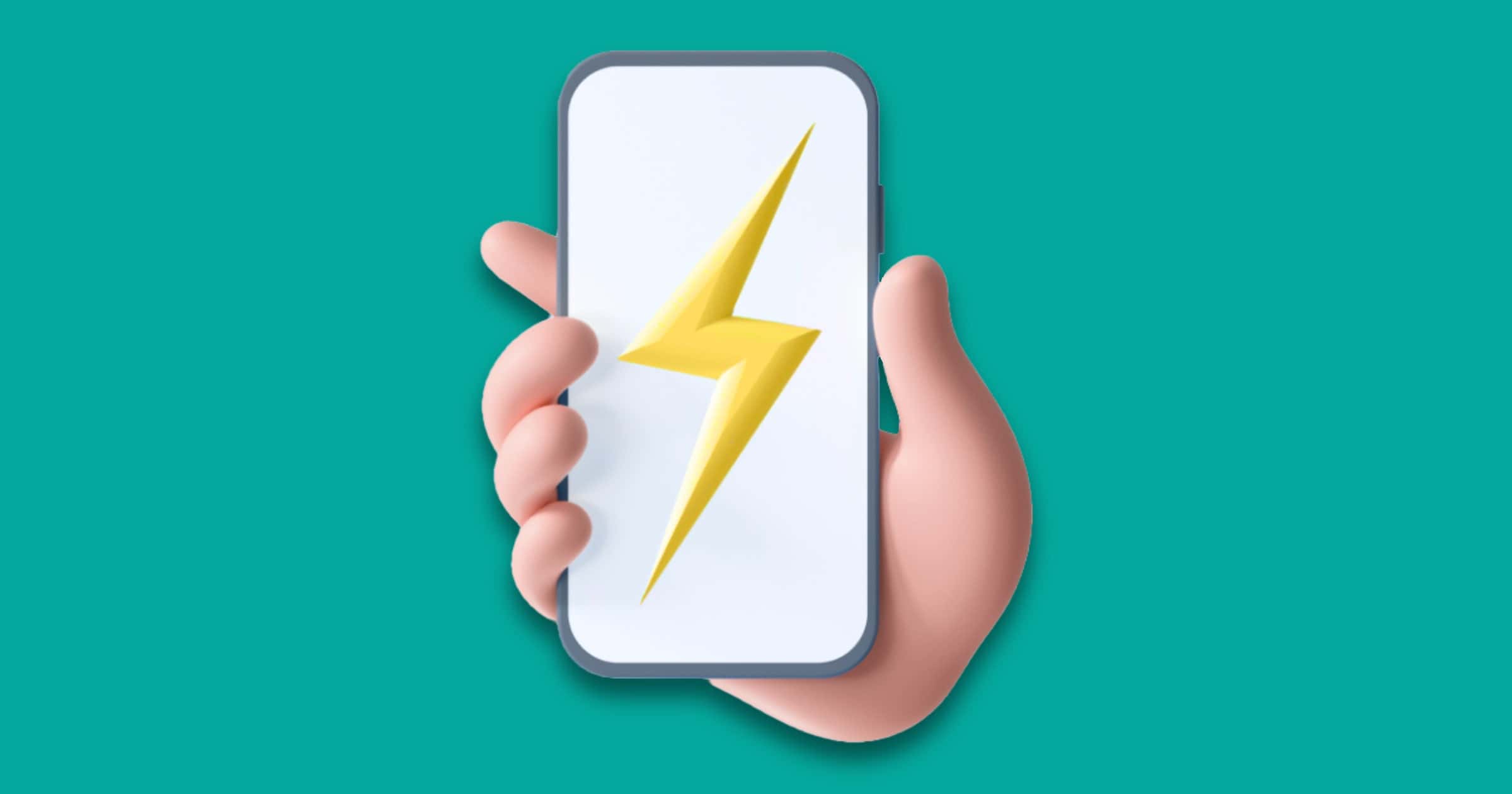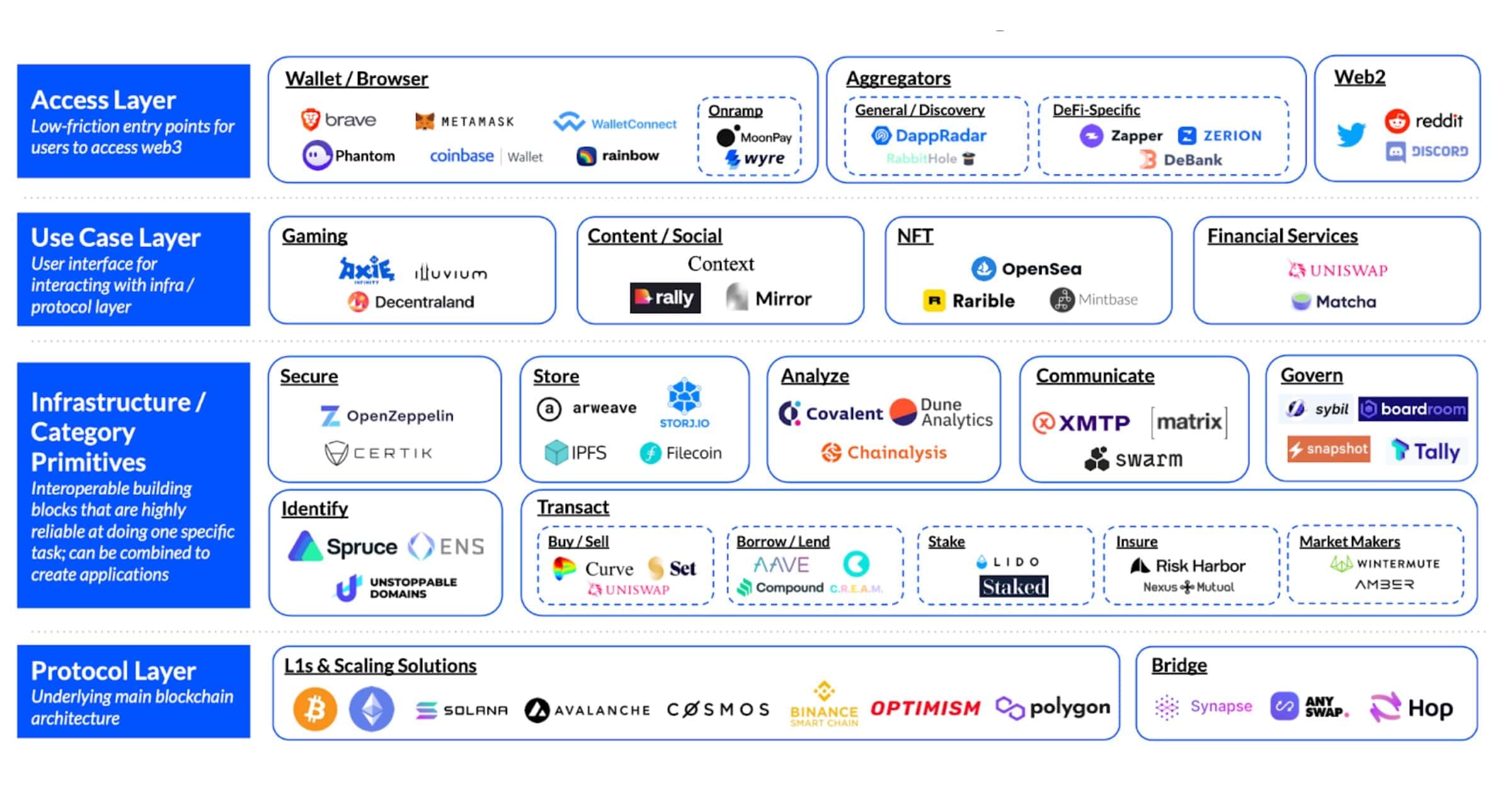Coinbase claimed that the App Store’s new policy on NFT disabled sending of NFTs through its Wallet iOS app.
Cryptocurrency
Apple Comes Close to Nabbing Book Rights on Crypto King Sam Bankman-Fried's FTX
Apple is close to grabbing the rights to Michael Lewis’ book about crypto king Sam Bankman-Fried and the FTX fiasco.
Apple Updates Cryptocurrency and NFT Rules on the App Store
Apple updated its App Store Review Guidelines to provide clearer guidelines on how developers can manage cryptocurrency and NFT.
Phony 'Apple Event' Stream on YouTube Gets 70K Viewers, Links to Crypto Scam
During Apple’s Far Out event, a user on YouTube live streamed an old interview of Tim Cook to lure audiences toward a crypto scam.
U.S. Senators Ask Apple and Google How They Handle Fraudulent Cryptocurrency Apps
A. U.S. Senator sent a letter to both Apple and Google seeking clarification on how they prevent fraudulent crypto apps.
Wales Man Hopes to Recover 8,000 Bitcoins Using Robot Dogs
To help locate more than $160 million in missing bitcoin, a Wales man proposes using two robot dogs in the treasure hunt of a lifetime.
Cryptowallet MetaMask Warns Apple Users to Beware of Phishing Attacks
Cryptowallet MetaMask has recently announced in a series of Tweets that Apple users should build strong passwords to avoid phishing scams.
Coinbase Wallet Now Supports Ledger Crypto Wallets
The Coinbase Wallet browser extension now supports Ledger hardware wallets for crypto. This makes it easy to manage your coins and NFTs.
FBI Launches Virtual Asset Exploitation Team
The U.S. Federal Bureau of Investigation is launching the Virtual Asset Exploitation Team (VAXU) to investigate crypto-crime.
Boost and Breach Insurance Partner on Crypto Wallet Insurance
Boost Insurance and Breach Insurance are partnering to launch the first-ever crypto wallet insurance product. It’s called Crypto Shield.
OpenSea and CoinTracker Want to Help With NFT Taxes
Do you need help with your NFT taxes? Good news, OpenSea and CoinTracker are teaming up to help consumers.
BlockFi Pays $100 Million Penalty to SEC Over Crypto Lending Product
The SEC has penalized BlockFi US$100 million after it failed to register high-yield interest accounts as securities.
Facebook's Failed 'Diem' Stablecoin Now Officially Over
Facebook had dreams of launching its own cryptocurrency called Diem (formerly Libra) but the company has called it quits (link to original PR piece here, commentary from The Verge below).
The sale of Diem’s assets marks the end of an effort that, in retrospect, was doomed from the start. Facebook, which now goes by Meta, created the apps that would have been the main way people used the token. So even though Facebook formed the Libra Association to govern the token with other companies, people were immediately fearful that Libra would make the controversial tech giant even more powerful. Plus, members of the Libra Association started to drop out, just months after the group had been announced.
NFT Company 'Unblocked' Valuation Rises After $10 Million Seed Round
Unblocked rises to a US$90 million valuation following a US$10 million seed round led by Tiger Global and Penske Media Corp.
How the 'America COMPETES' Act Could Affect Cryptocurrency
A provision in the America COMPETES Act would give the Treasury unchecked power to ban cryptocurrencies, reports Coin Center.
An NFT on OpenSea Can Steal Your IP Address
An NFT found on the OpenSea marketplace can steal visitors’ IP addresses, according to a repot from Motherboard.
Of course, websites often collect and store visitors’ IP addresses in virtue of how the sites function. OpenSea itself likely collects the IP addresses of visitors, like plenty of other sites, apps, or services. But here, an outside third party—the NFT seller—is able to gather information themselves on the people viewing the NFT, potentially without them knowing.
MultiChain Hack Still Affecting Customers a Week Later
The Multichain hack is still affecting crypto users a week later, despite promises from the company that it had been contained.
A Crypto Wallet Crack Recovered $2 Million in Tokens
The Verge had a fascinating story out yesterday about a crypto wallet crack that helped two friends get their tokens back. It’s a long-ish read but not overly technical.
Reich gave up and wrote off the money in his mind. He was willing to take the loss — until the price started to rise again. From a low of around $12,000, the value of their tokens started to skyrocket. By the end of 2020, it would be worth more than $400,000, rising briefly to over $3 million. It would be hard to get into the wallet without the PIN — but it wasn’t impossible. And with potentially millions on the line, Reich and his friend vowed to find a way inside.
Coinbase Creates Center to Help With Crypto Taxes
Worried about crypto taxes? Coinbase has created a tax center on its platform to help.
Customers will see all of their taxable activity in one place to determine if they owe taxes, and how much. If they’ve taken more advanced steps like sending or receiving crypto from Coinbase Pro or external wallets, they can receive free tax reports for up to 3,000 transactions from our crypto tax partner CoinTracker. The most complicated time of the year just became more clear.
Twitter NFT Profile Photos Roll Out to iOS Subscribers
Twitter NFT profile photos are rolling out to members of the Twitter Blue subscription in the U.S., Canada, Australia, and New Zealand.
At launch, Coinbase Wallet, Rainbow, MetaMask, Ledger Live, Argent, and Trust Wallet are supported. After authenticating, you’ll select the NFT you want to showcase. Twitter says that, currently, JPEG and PNG NFTs minted on the Ethereum (ERC-721 or ERC-1155 tokens) can be used as NFT Profile Pictures.
'Cash App' From Block Now Supports Bitcoin Lightning Network
Block, formerly known as Square, has added support for Bitcoin’s Lightning Network upgrade. This lets users send bitcoin to anyone around the world within seconds.
The Lightning integration is made possible by the Lightning Development Kit created by Spiral, which is funded by Block. Cash App customers will also be able to send bitcoin to any compatible wallet that accepts Lightning Network payments, without being charged fees.
Hackers Scam Blockchain City Group 'CityDAO' and Stole Funds
CityDAO, a group that bought 40 acres of land in Wyoming to build a blockchain-based city, has gotten hacked this week.
What is Web3? Explaining the Technology Stack in This New Ecosystem
A recent report from Coinbase examines the web3 stack, or the various protocols and blockchain technologies that make up the ecosystem.
Where a third party like Facebook owns your identity and data in Web2, your identity in Web3 can move fluidly between platforms without your data being captured and monetized by service providers. While Web2 apps are centrally controlled, tokens in Web3 grant users the right to help govern the services they use, representing a form of ownership in the platforms themselves.
Coinbase Plans Four Weeks of Employee Relaxation in 2022
This year Coinbase plans to give employees four weeks of recharge time after the intensity of the crypto boom in 2021.
We know this approach wouldn’t work for every company, and we also know Coinbase isn’t for everyone. But if you want to work at the cutting edge of crypto and tech — and if you’re excited about pushing your skills to the limit while knowing you’ll have regular opportunities to recharge — there’s no better place to be.
